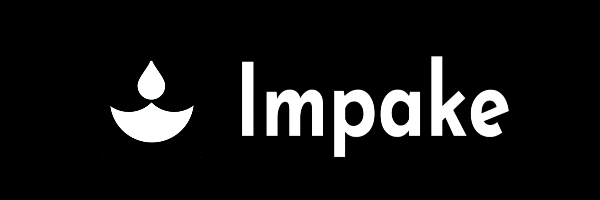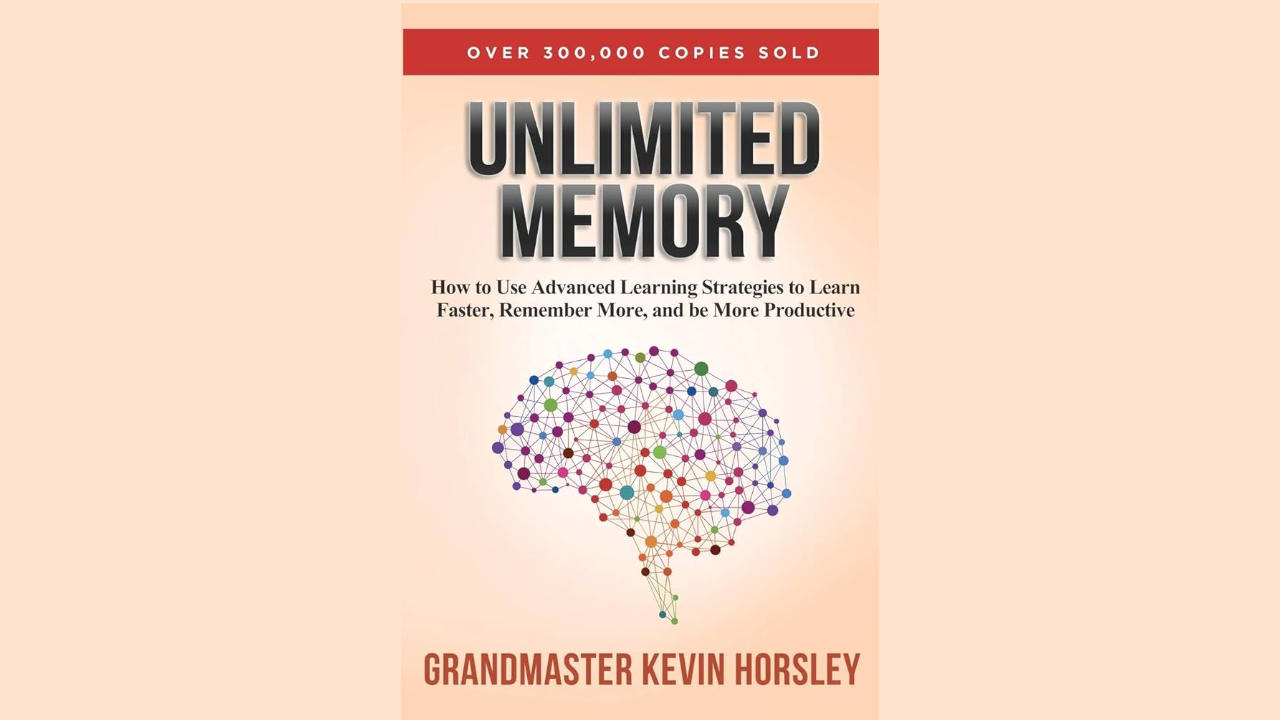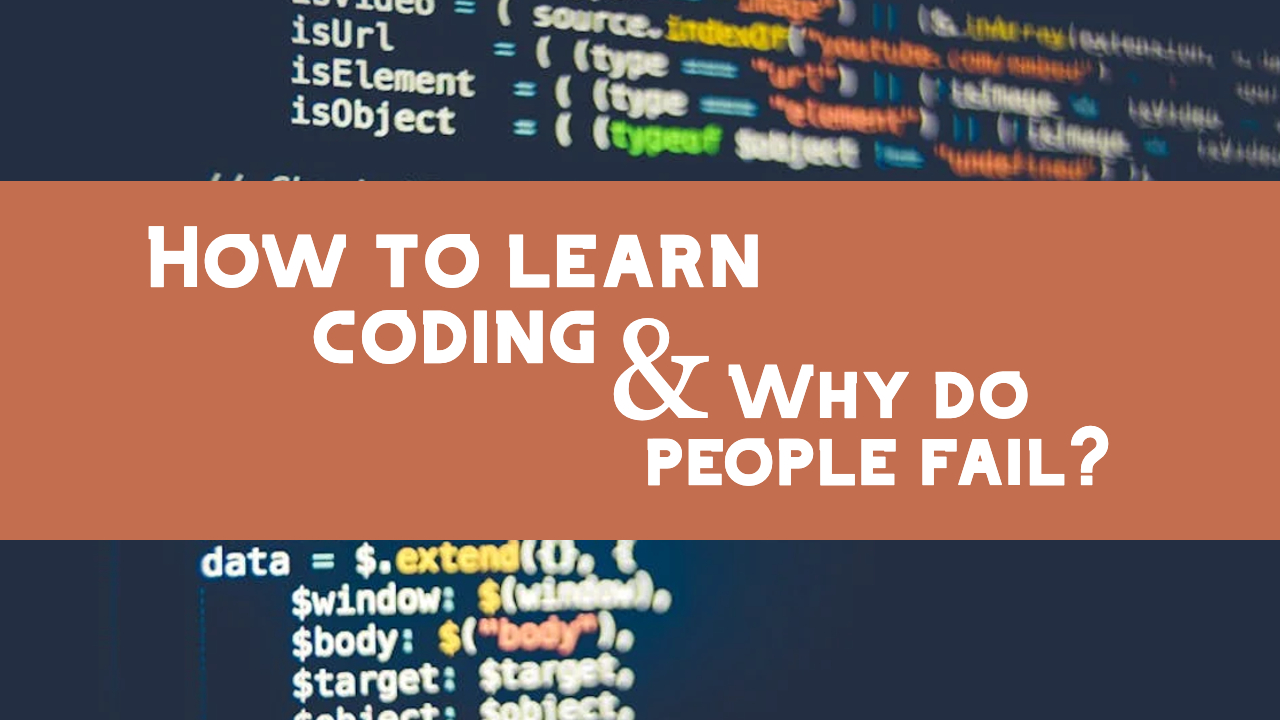
I meet a lot of people who are trying to learn coding, or wanting to learn how to code. I've seen the ones who actually get good, and the ones who stood in their place not improving ever slightly except for the core basics.
The people who failed how to learn usually had one thing in common, they did not practice as often as they should.
And by practicing I do not mean reading the basics over and over, printing the "Hello world" twenty more times or creating the "CoffeShop" class a few more times. You should combine the information you have learned with your problem solving skills.
The people I've encountered on different platforms whom were trying to learn how to code were mainly concerned with the basics but not the applications of coding. They knew they had to learn things, but they didn't know where they would be using what they learn.
People fail at learning how to code because:
1- They don't put the information they learn in use by creating projects
This is also called "Project based learning". Here is a github repository that has a lot of tutorials for project based learning in different programming languages that you can look into. Another great resource is "Build your own X" on GitHub, which teaches you how to create tools like text editors and web browsers from scratch.
Coding is easy once you know what you want to code. Just as you wouldn't get in a taxi and say "Take me somewhere." then expect being satisfied with the place it took you, you can't get on the journey of learning how to code without knowing where you are trying to go.
Try thinking of a project idea. It doesn't have to be unique. It can be about a hobby of yours. Don't worry about whether you will be able to code it right now or not, you will get to thinking about that part later on. And keep in mind, even the unfinished projects take you very far in your journey.
One of the best ways of learning how to code is to try recreating what already exists so you understand how things work under the hood, so if you have a project that caught your interest but you don't want to work on it since it already exists, I say rethink your decision. Try recreating whatever it is you liked and even if you don't succeed you will learn a lot about the field and the tech stack of whatever project you were trying to imitate.
Additionally, when you think of a project to work on you will stop complaining about forgetting what you learned a few days ago since you will be actively putting the information you learn in use.
Love sports? Create a simple game tracker for your favorite team.
Into music? Build a basic playlist manager.
Enjoy drawing? Code a simple drawing app with geometric shapes.
Basically anything you will enjoy doing.
Most good programmers do programming not because they expect to get paid or get adulation by the public, but because it is fun to program.
Linus Torvalds
Do not underestimate finding a project to work on, it may be the most beneficial thing you can do for learning how to code.
That project and many more of which you will start coding in the future will become your learning partners, you will learn as you work on them. They will grow in your hands and you will be motivated more the more you work on them and the more you see the outcome of your work.
They will be the best way of your creating a roadmap for yourself specifically for the field you enjoy the most, cutting all the "unnecessary" steps since you will mainly be learning what you needed to know, making learning not boring and actually useful.
Creativity comes from applying things you learn in other fields to the field you work in.
- Aaron Swartz
2- They Don't Know How to Google Questions
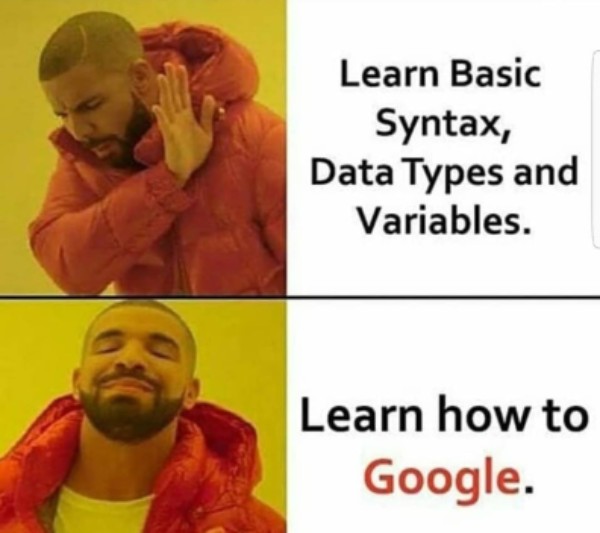
One of the most important skills a programmer should have is knowing how to ask good questions. When you ask the right question, you get the answer you're looking for; when you ask the wrong question, you waste time and get exhausted searching for the answer.
Let’s assume you’re interested in web development, how do you start? Right now, you have LLMs just a few clicks away, where, regardless of how uninformed you are, they can guide you to a decent roadmap for learning whatever topic you are trying to master.
However, once things get complicated, you’ll have to start consulting the old guys. By “old guys”, I mean Google and probably StackOverflow, which is essentially like Reddit for programmers. Most of the questions you ask on Google will probably end up being answered on StackOverflow anyway, sometimes by some random person from 10 years ago who had the same problem as you.
3- They Ignore the Errors They Get
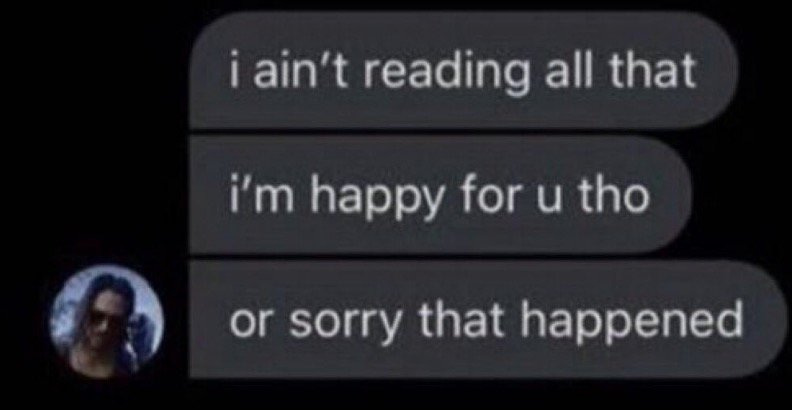
I see people who skip reading any text that indicates an error. Please read the errors. They are written by other people for you to read and understand what the problem is.
Before starting to get angry and question your choices of learning how to code, read the error message, it is there for a reason. Try understanding it. If you still don't understand what the problem is ask a question about it the way we talked about earlier.
When asking a question about your error, make sure to include the part of your code that the error is talking about and the error itself.
If it is possible, preparing a minimized and reproducable version of the error can make fixing it easier if you are asking other people for help.
4- They end up in tutorial hell
Tutorial hell is when you keep watching coding tutorials without ever applying what you learn. You feel like you're making progress, but in reality, you're stuck in place, repeating the basics without building real projects.
Coding is not learned just by reading or watching videos. Instead, it is something you need to actively practice, as in using your information to create things or solve problems, in order to truly learn, as mentioned in the first reason.
To escape tutorial hell, stop following tutorials blindly and start creating things. Even if your project is small or imperfect, the practical experience will teach you more than most of the online tutorials you will be wasting time on.
If you are creating something you love while learning at the same time, you won’t see learning as a chore.
Generally, I see beginners going on YouTube and learning whatever library they want to be using there, but when you get used to reading documentations, you will cut the time wasted in the intro (which you probably skip anyway), parts of the library you won’t use that are explained in the tutorial you watched, and the time wasted searching for a high-quality tutorial in the first place.
One of the things I struggled with as a beginner was reading the documentations of libraries I used. It seemed so confusing at first, but you get used to it once you figure out how things work. Instead of reading the documentation like a book, just browse through it and see what may be useful for you. The table of contents, function descriptions, and example sections are usually enough to help you understand what you need. Many documentations also have quick-start guides, which can be more efficient than sitting through an entire tutorial.
There will also be times in the future when the library you just found, which suits your needs the best, will not have a tutorial on YouTube, and your best choice will be learning it from its documentation. Documentations are also almost always up to date, but that video from five years ago you found on YouTube may make things harder for you. There might be new, shorter methods of doing what you want to be doing in the documentation now, which you won’t notice if you don’t read it, or there might be deprecated methods used in the video.
By reading the documentation, you will be using the most up-to-date version of information. I still recommend reading the documentation of whatever language you are learning or whatever library you are working with to get yourself more familiar with reading documentations. You can still use video tutorials as a beginner, but as long as you are actually learning from them and applying things in the projects you are working on, there may not be a problem with watching them. However, in my opinion, the sooner you start reading documentations, the better.
Additional notes
After you learn the very basics of almost any language, you will be able to slowly start working on whatever project it is that you want to create.
I personally recommend Python since getting projects going with it is usually faster as a beginner, and after you learn a programming language coding in other languages isn't nearly as hard as your first one.
You can always google which language would suit your needs the best for whatever kind of project you want to work on.
For example, "What programming languages should I learn to code a/an {insert topic here}"
or anything else
And for your beginning projects, you will have to do a lot of Googling and a lot of asking questions. Do the Googling first. Still can't find an answer? Then you may ask an LLM like ChatGPT, Gemini or anything else that will give you an answer. I think starting with Googling before asking ChatGPT is important because it helps you develop research skills that will be necessary later on.
TLDR
- Think of a project you want to create
- Pick a programming language you want to work with
- Ask proper questions and learn as you are working on your project
- Read and understand the errors you get
- Start reading documentations and creating your own projects instead of just following the video tutorials
Pick a small project idea, choose a language, and start building. You’ll learn more by doing than by endlessly watching tutorials. Programming is a skill you grow with practice, so take the first step today. Thanks for reading!

